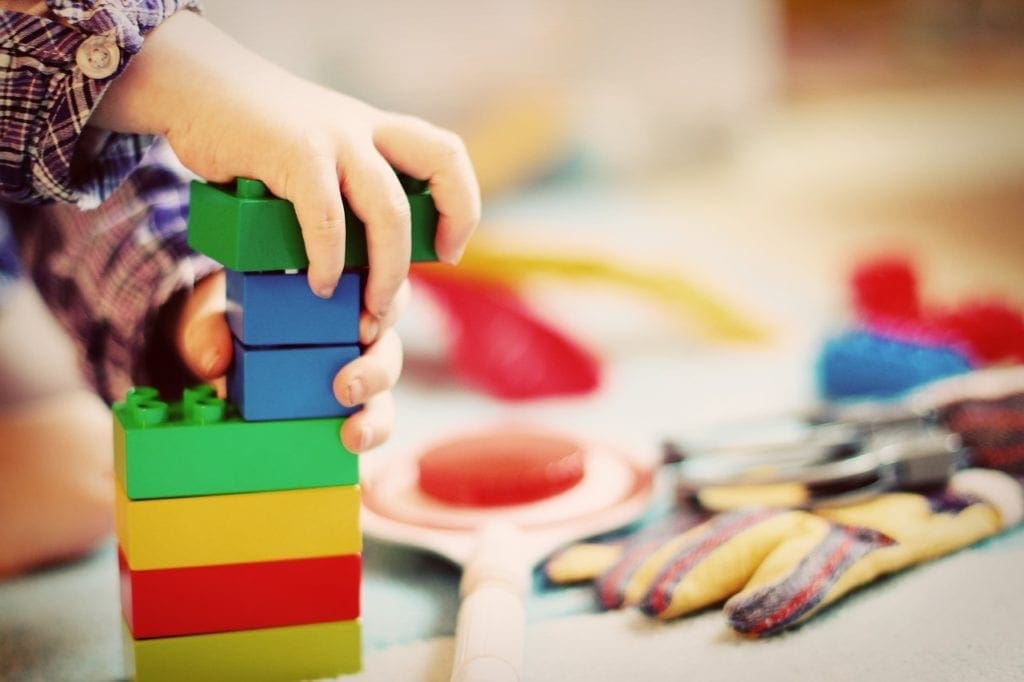President Donald Trump’s trade war with China will make toys more expensive.
While Trump’s goal was to boost the toy-making industry here at home by imposing steep tariffs on products coming from the Chinese industry, American toymakers have said they expect to see job losses and a considerable hike in prices for consumers.

Noticing that the tariffs were going to damage them considerably, the Toy Association’s president, Steve Pasierb, wrote a letter to the Office of the U.S. Trade Representative, explaining that toy manufacturing in the United States isn’t cost-effective as it’s labor intensive and therefore expensive for a company to only employ local workers. In addition, the lack of sufficient infrastructure would make it impossible for the industry to recover.
“We are not aware of any toy company that has indicated that the tariffs would result in U.S. manufacturing becoming a viable option,” Pasierb said.
Because 85 percent of toys sold in the United States are manufactured in China, Trump and other supporters of protectionist policies may think the profits also float overseas. But according to the Toy Association, 80 percent of a toy’s average price remains in the country, as toymakers do all of their research, design, testing, and development at home. With Americans purchasing more than $27 billion worth of toys yearly, it’s clear that one of the world’s largest toy markets has been doing quite well. However, things could change dramatically if Trump carries on with this threat to impose further tariffs on Chinese-made products.
Protectionism: Pushing Toymakers To Other Countries Or Out Of Business
Originally, the idea of imposing steep tariffs on Chinese-made goods was sold as a means to bring production back to the U.S., thus boosting the American economy. However, toy manufacturers have already claimed that if the president imposes new taxes on goods coming from China, then they will have to shift production to another country.
But the tariffs are not only going to hurt companies whose production relies on Chinese factories. Those making toys here will also suffer the consequences, as Trump’s tariffs impact aluminum, silicone, and dyes, increasing the cost of production to firms such as Crazy Aaron’s Puttyworld.
According to the company’s CEO, Aaron Muderick, protectionist policies “[are] going to cost us into the six figures this year in extra costs.” The company, which employs 85 people, had to purchase large amounts of silicone before the price increases. But once the supply runs out, Muderick wonders whether the material’s cost will force him out of business.
“We’ve already locked in prices with retailers for next year with many of our products,” he said. “It’s going to be very difficult for us, because the margins just keep getting tighter and tighter.”
When companies are forced to spend more on materials or labor because of government-backed tariffs or wage rules, executives are forced to cut costs to keep their heads above water. Once there’s nothing else they can cut, as laying off workers or shifting production elsewhere would make it impossible for the production to continue, these companies have to go out of business.
If the president is serious about boosting American businesses and creating more jobs, protectionist policies such as tariffs on Chinese-made products are the last thing he should be embracing.




















